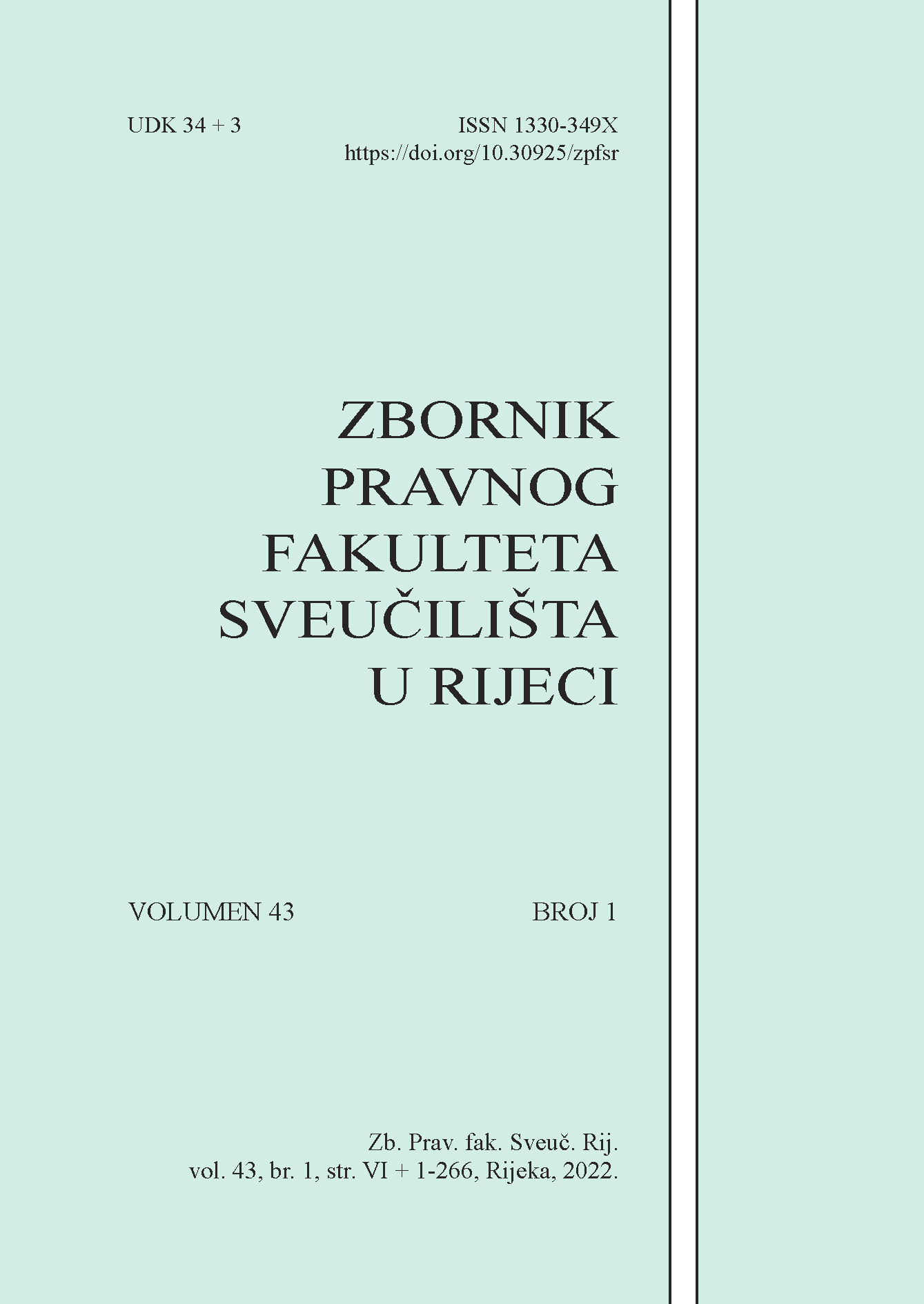Protection of traditional cultural expressions from improper exploitation within the conventional trademark law system
DOI:
https://doi.org/10.30925/zpfsr.43.2.11Keywords:
traditional cultural expressions, traditional insignias, indigenous names and symbols, trade marksAbstract
ABSTRACT
Since few decades ago, the use of traditional (indigenous) insignias on commercial products of non-indigenous origin has been increasing, across the globe. Either as offensive or exploitative the respective practice is unacceptable for indigenous people. Appropriation of traditional insignias by non-indigenous people - i.e. registering indigenous names and symbols as trademarks for commercial products of non-indigenous origin has been considered as particularly unacceptable practice.
The aim of the paper is to assess whether the conventional trademark law system contains mechanisms that can combat inappropriate use of traditional insignias. In order to achieve respective goal, international and European sources in the field of trademark law, as well as specific national solutions, are analyzed.
Research has revealed that conventional trademark law systems provide protection against misuse of traditional insignias only in exceptional occasions. However, minor intervention in conventional trademark law systems (as has been done in New Zealand by introducing the concept of cultural offense as an absolute ground for trademark refusal) can increase effectiveness when it comes to combating offensive uses of indigenous insignias. In addition, major interventions (such as Canadian solution – i.e. introduction of official insignias as a special type of trademark) can provide extremely effective protection against various forms of misuse.
Additional Files
Published
Versions
- 2023-12-14 (2)
- 2022-07-15 (1)
Issue
Section
License
Copyright (c) 2022 Ana Rački Marinković, Tea Hasić

This work is licensed under a Creative Commons Attribution-NonCommercial 4.0 International License.
Collected Papers is an open access journal. Journal does not charge article processing charges (APC) to authors. It is licensed under CC BY-NC licence 4.0.
Collected Papers of the Law Faculty of the University of Rijeka" is an Open Access journal. Users are allowed to read, download, copy, redistribute, print, search and link to material, and alter, transform, or build upon the material, or use them for any other lawful purpose as long as they attribute the source in an appropriate manner according to the CC BY licence.
The papers published in "Collected Papers of the Law Faculty of the University of Rijeka" can be deposited and self-archived in the institutional and thematic repositories providing the link to the journal's web pages and HRČAK.
Upon acceptance of the manuscript for publication by this journal, the author can publish same manuscript in other journals only with the permission of the Editorial Board (secondary publication). A repeated publication should contain a notice as to where the manuscript was originally published.



